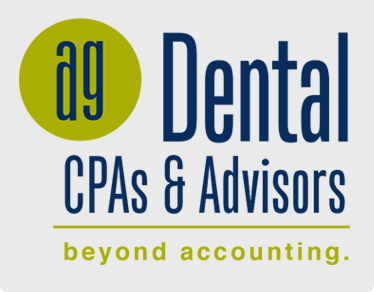
Hiring new employees is time-consuming, stressful, and sometimes expensive. It’s no wonder, then, that many businesses find it more cost-effective and less emotionally taxing to retain employees, even if they turn out to be a negative influence. Enter the devastating effect of the toxic employee.
Dental offices tend to be small and close-knit, which makes it even more difficult to confront someone about their behavior and let them go. While finding the right fit for your practice can be a challenge, holding onto a toxic team member can be far more costly.
What is a Toxic Employee?
A toxic employee may be a competent worker, or started out that way, and they may be decent people at heart. For whatever reason, however, their actions and attitude become a drag on the workplace culture. See if you recognize these red flags in your practice:
- Poor attitude: This type of person will exhibit passive-aggressive characteristics. They may agree with a directive on the surface, but accompany it with eye-rolling, exaggerated sighs, sarcastic comments, muttering, complaints, or a confrontational tone.
- Dishonesty: Whether blaming others for their own mistakes, refusing to accept responsibility, or outright lies and thefts, this type of toxic employee can harm your bottom line as well as morale – especially if you don’t confront it.
- Lack of engagement: This type of employee avoids work, lacks enthusiasm and is lackadaisical toward responsibilities. They are often inattentive at meetings and huddles.
- Falling work performance: The toxic employee will not do any more than the bare minimum of what is expected. They appear disinterested in feedback or training and are otherwise unwilling to improve.
- Bullying behavior: Anyone who intimidates other team members, is disruptive, or otherwise makes others feel uncomfortable, could be a toxic employee.
If you recognize any of these indicators, you have two choices. You can give them another chance or let them go. There is almost always an underlying reason for someone’s toxic attitude: The employee may be going through personal turmoil or carrying forth maladaptive behaviors from childhood. Some toxic employees don’t even realize they are behaving in a negative way until someone points it out.
While practices are often family-like, keep any discussion strictly work-related. Outline your findings in a factual manner and document, if possible. Create an improvement plan and a timeline. Consult labor laws in your state for additional guidance.
Your second choice is to outright fire the toxic employee. You may have no choice if you have found an issue that puts patients at risk or involves financial malfeasance.
If you are still on the fence about letting a negative team member go, consider these consequences of keeping a toxic employee.
- Loss of new patients: If a toxic employee is interacting with potential patients, they are creating a negative image of your business, which can lose hundreds or thousands of dollars in revenue.
- Loss of existing patients: If they are treated poorly even once, they may choose to take their oral care elsewhere – and they may tell other people.
- Loss of your best team members: Your best people want to work in a positive environment where they feel supported and appreciated. By tolerating the complaints, bullying, or shoddy work of one toxic person, you risk losing valuable team members.
Don’t compromise your business or your best team members by refusing to fire toxic employees. For more strategies to improve your practice, contact our Baton Rouge Dental Accountant office.









 Regular effective team meetings can play a crucial role in the health of your dental practice. That one simple-sounding factor can impact every aspect of your business. Your people, your patients, and your practice all benefit from regular effective team meetings.
Regular effective team meetings can play a crucial role in the health of your dental practice. That one simple-sounding factor can impact every aspect of your business. Your people, your patients, and your practice all benefit from regular effective team meetings.